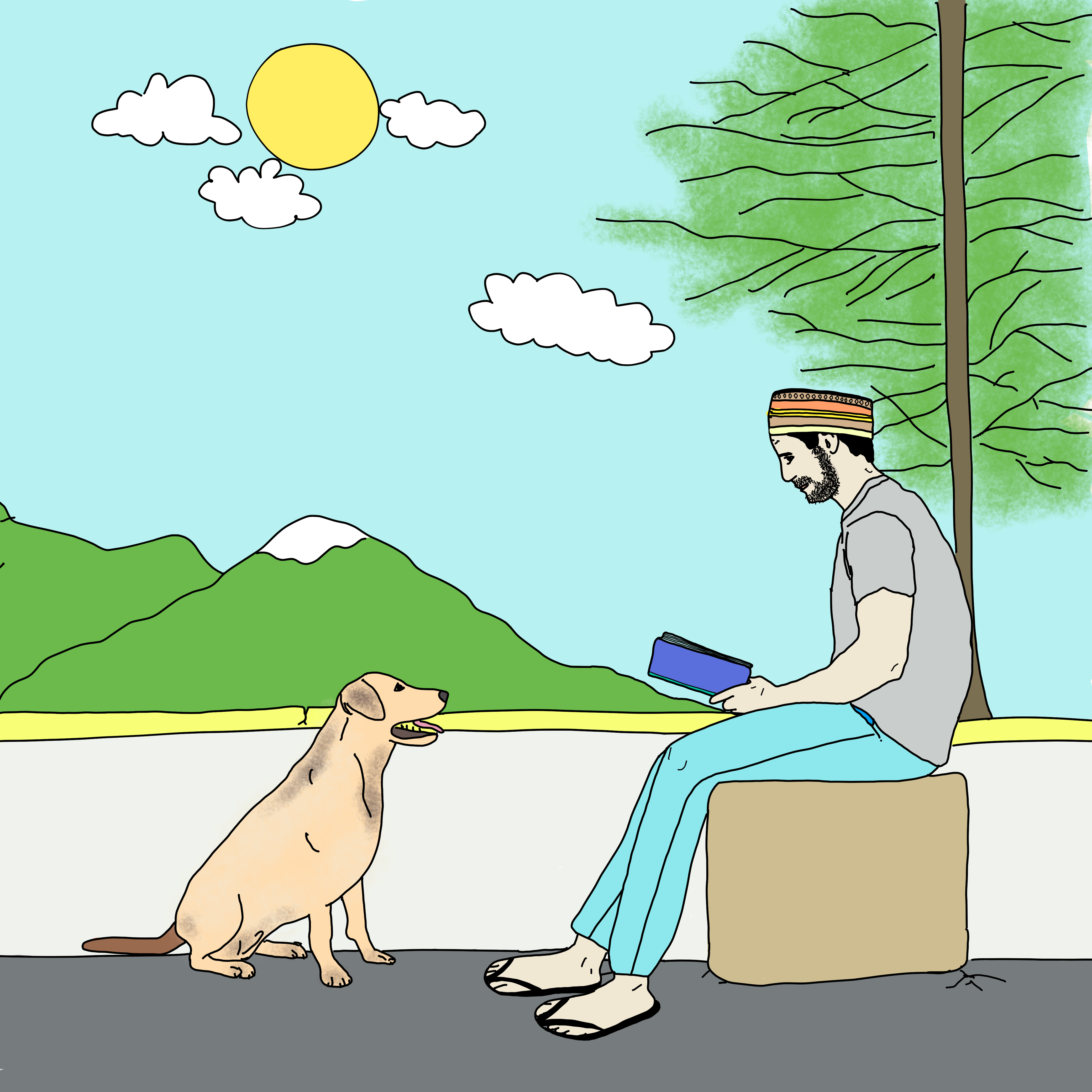It is true that India showed the path of spirituality to the world through its rich cultural heritage and intellect of many great souls. But it is also true that the India where we live today, never existed then. A country which is 80% Hindu, must have a culture dominated by Hindu customs and traditions and it has. But the culture has evolved as it should and what we see today is the evolved version of Hinduism coming from the ancient civilizations and modified by many foreigners, some of them brought new languages and religions along with them. In fact the idea and practice of Hinduism started long before the word Hindu was invented by the foreigners as a reference to the people of Sindhu valley and not for the people of a particular religion. It’s the common history that unites the Hindus and not the common rituals and common Gods. Because in Hinduism every form of God is possible. There is not a single school of thought in Hinduism, there are many, one of them also talks about absence of God or atheism. Rigveda- the ancient indian scripture in its tenth chapter Nasadiya Sukta says –
Whence was it produced? Whence is this creation?
The gods came afterwards, with the creation of this universe.
Culture never remains steady. It constantly evolves, accepts new traditions, and keeps moving with its new appearance. An important part of our culture is its languages. And we can see how our languages have changed over thousands of years from Vedic to Sanskrit to Hindi to what we use today which is a combination of Hindi, Urdu and many other languages including English. But is it bad? Certainly not. Change is necessary, else we wouldn’t have even gotten out of stone age. Therefore, those Pundits who talk about Indian-culture and how-modernization-destroying-it, must understand what culture is. There is nothing more constant about a culture except the fact that it keeps changing, and it changes every minute, every second.
The idea of India is also like its culture. The idea has evolved over the centuries and a common history of its people unite them in certain way which lays this idea. If India has rich culture, which it certainly has – there’s nothing wrong in preserving it but things must change with time. There’s a reason for this change. Every custom, every ritual was created at some point of time in history. God never invented them. Those were formulated as per the requirement of the society and time. It’s very much possible that those customs make no sense to modern society. Sati Pratha was one such example. But there’s not just one, but plenty. Amongst all – the caste system is very crucial.
There’s not much talk of caste system in Vedas except one reference to the Varnas. However, we must remember that Varnas and Jaati(caste) are two different concepts. While Varna is the idealised four-part division envisaged by profession and qualifications, Jaati (caste) refers to the thousands of actual endogamous groups prevalent across the subcontinent. And if we talk about Jaati, most of the scholars believe that Jaatis came in to existence only 1000-1500 years back. Which means they are the invention of relatively modern world, and there’s no point of including religious sentiment in to it because Hinduism existed long before that. Even if we consider Varnas, the discrimination on the grounds of birth is not justified. Bhagavad Gita says that the Varna of an individual is not defined by his/her birth but by their Karmas. If we go by Indian mythology and ancient scriptures, there have been multiple instances where the Varna of an individual was changed because of their education and deeds.
Secondly, if we really follow those ancient scriptures like Manusmriti or Chanakya Niti Shastra which strongly recommend Varnas, the same scriptures also talk about women being weaker section of the society and men’s property.These ideologies seem to be fallacious and make no sense in today’s world.
Today we are in a situation where we don’t understand our ancient culture nor we are modern enough to match the western societies. This is specially true for Northern India where due to repeated attacks and loots by foreigners, and the so called cultural heritages were demolished from time to time. South India has been relatively peaceful and has accepted new cultures while preserving the old dynasties. But the caste discrimination has remained in the blood of most indians no matter which part they belong to.
Arrange marriages within same caste is a strong tradition in this country and I am not particularly against them. However, I feel that cultural diversity is important for every society and therefore inter-caste and inter-religion marriages add a lot of richness to the diversity and therefore I am in favor of them. The reason that I am emphasizing more on marriages because marriage is a platform which clearly indicates whether or not is there any discrimination or prejudice against a section of society and in India’s case – yes there is.
If we want to move forward as a society we need to overcome these caste barriers. Notice that our culture had been growing for tens of thousands of years and it grew a little ever since this caste system was introduced and more unnecessary rituals were invented by upper classes specially Brahmins, in the name of Gods. If we could overcome these barriers, only then we can prevent our politicians taking advantage of our divided society. Only then we can strengthen our culture and rediscover our ancient values. And when we rediscover them, it’s not necessary to follow them all in today’s world but to learn from them and grow further. Remember, we are a nation which represents Unity in Diversity.



amazingly well written
LikeLike
Deepak, this is really good stuff.
LikeLike
good 1
LikeLike
Precisely written
LikeLike